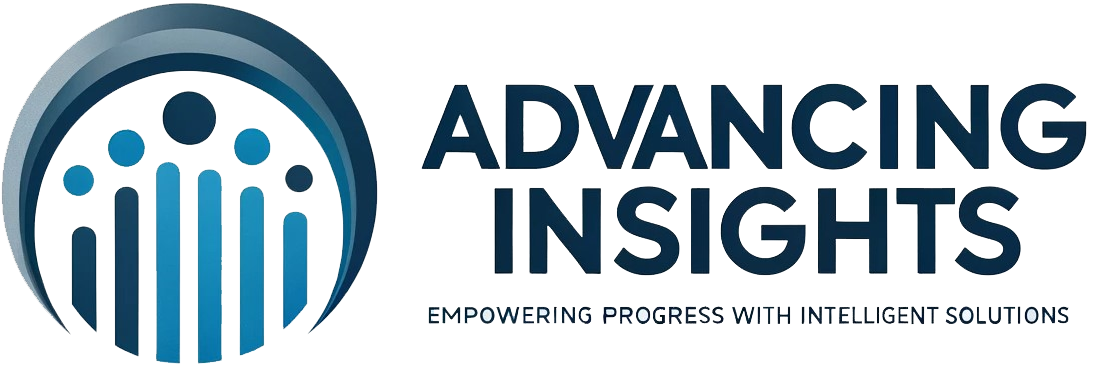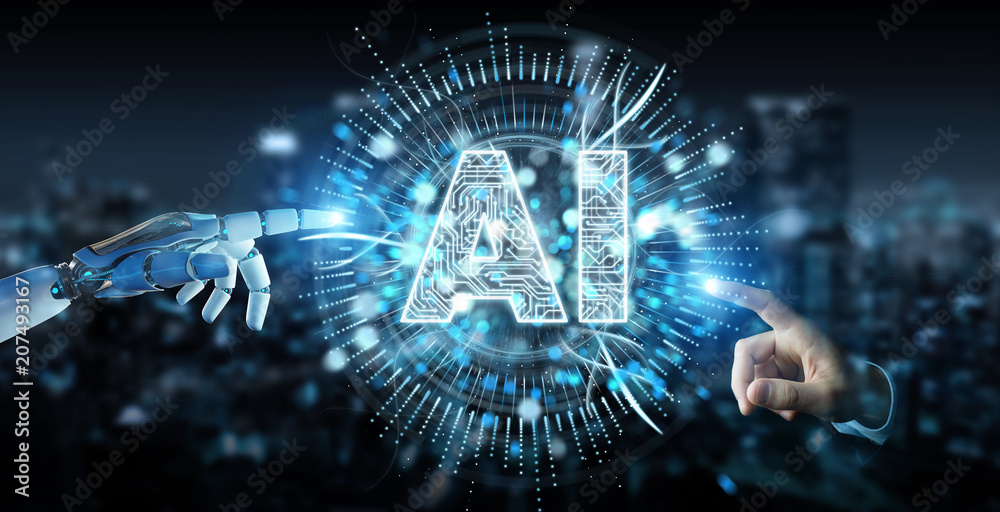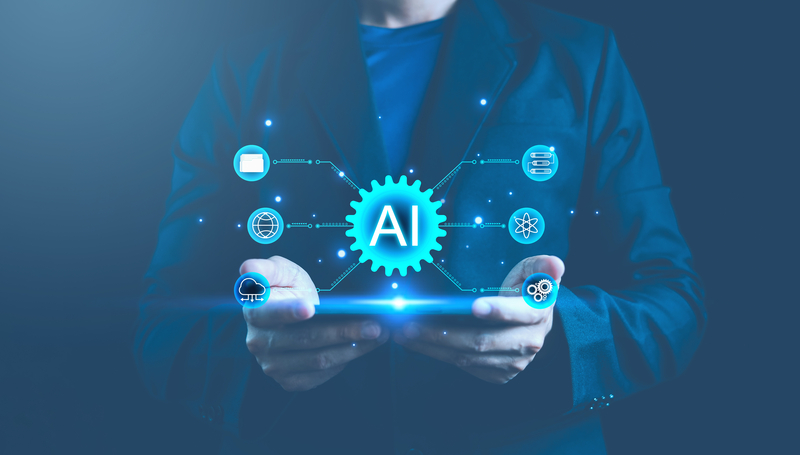Utilizing AI for workflow automation offers several compelling advantages
The three main reasons are:
AI significantly enhances the speed of task completion. Unlike humans, AI can work around the clock without fatigue, handling repetitive and time-consuming tasks swiftly. This leads to quicker turnaround times and enables human employees to focus on more complex and creative tasks. AI's ability to rapidly process and analyze large volumes of data surpasses human capability, leading to faster decision-making and problem-solving.
AI systems, once properly trained, do not suffer from the human traits of distraction or inconsistency. They can maintain a high level of accuracy over time, reducing errors in processes like data entry, analysis, and reporting. This consistency is crucial in fields where precision is paramount, such as finance or healthcare. By minimizing errors, AI also reduces the time and resources spent on correcting them, further enhancing overall efficiency.
AI's ability to analyze vast amounts of historical data allows it to predict future trends and outcomes with a high degree of accuracy. This predictive power can be leveraged in workflow automation to anticipate issues, optimize processes, and make informed decisions. For instance, in supply chain management, AI can predict inventory needs, identify potential delays, and suggest the most efficient routes. This not only improves current operations but also helps in strategic planning and risk management. Incorporating AI into workflows isn't just about cutting costs or speeding up processes; it's about fundamentally enhancing the capability and reliability of business operations. The real value lies in AI's ability to transform and continuously improve workflows, leading to sustainable growth and competitive advantage.






